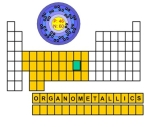
ORGANOMETALLICS IN ORGANIC SYNTHESIS
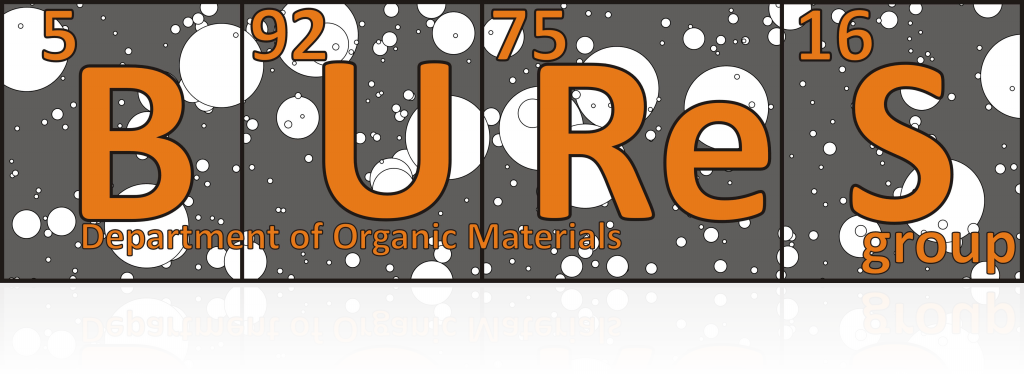
Last updated 17.12.2018, © Filip Bureš
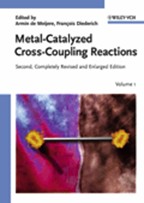
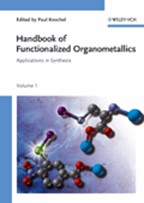
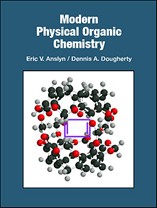
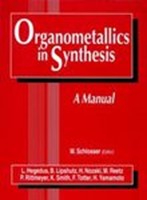
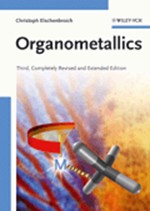
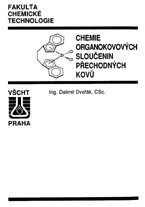
Course description
The course has been established at the Institute of Organic chemistry and Technology in 2007. Its main aim is to acquaint master students with the preparation, handling, properties and use of organometallic reagents. The emphasis is mainly put on the application of organometallic compounds in the synthesis and modern organic transformations. Organometallic compounds of the main group as well as transition metals are discussed. Study materials can be downloaded on the left.
Content
Main group elements
Introduction, history of organometallics.
Polar organometallics (Na/K/Li/Mg/Zn).
Magnesium compounds
Organozinc compounds.
Boron compounds.
Aluminium compounds.
Silicon compounds.
Tin compounds.
Lead compounds.
Transition metals
Fundamental description of organometallics based on transition metals.
Cross-coupling reactions (Heck-Mizoroki, Suzuki-Miyaura, Migita-Stille, Negishi, Kumada-Corriu, Sonogashira, Hiyama, Buchwald-Hartwig etc.).
DoM reactions.
Copper compounds.
Titanium compounds.
Allylic substitution.
Carbene complexes, metathesis.
Industrial applications of transition metal compounds.
Literature
1. M. Schlosser, Organometallics in Synthesis 1994, John Wiley & Sons Ltd., Chichester.
2. C. Elschenbroich, Organometallics 2006, WILEY-VCH, Weinheim. Third, Completely Revised and Extended Edition.
3. A. de Meijere, F. Diederich, Metal-Catalyzed Cross-Coupling Reactions 2004, WILEY-VCH, Weinheim. Second Edition, Vol. 1 a 2.
4. P. Knochel, Handbook of Functionalized Organometallics 2005, WILEY-VCH, Weinheim. Vol. 1 a 2.
5. E. V. Anslyn, D. A. Dougherty, Modern Physical Organic Chemistry, 2006, University Science Books, New York. Chapter 12: Organotransition Metal Reaction Mechanism and Catalysis.
6. D. Dvořák, Chemie organokovových sloučenin přechodných kovů 1994, skriptum, VŠCHT Praha.
The course has been established at the Institute of Organic chemistry and Technology in 2007. Its main aim is to acquaint master students with the preparation, handling, properties and use of organometallic reagents. The emphasis is mainly put on the application of organometallic compounds in the synthesis and modern organic transformations. Organometallic compounds of the main group as well as transition metals are discussed. Study materials can be downloaded on the left.
Content
Main group elements
Introduction, history of organometallics.
Polar organometallics (Na/K/Li/Mg/Zn).
Magnesium compounds
Organozinc compounds.
Boron compounds.
Aluminium compounds.
Silicon compounds.
Tin compounds.
Lead compounds.
Transition metals
Fundamental description of organometallics based on transition metals.
Cross-coupling reactions (Heck-Mizoroki, Suzuki-Miyaura, Migita-Stille, Negishi, Kumada-Corriu, Sonogashira, Hiyama, Buchwald-Hartwig etc.).
DoM reactions.
Copper compounds.
Titanium compounds.
Allylic substitution.
Carbene complexes, metathesis.
Industrial applications of transition metal compounds.
Literature
1. M. Schlosser, Organometallics in Synthesis 1994, John Wiley & Sons Ltd., Chichester.
2. C. Elschenbroich, Organometallics 2006, WILEY-VCH, Weinheim. Third, Completely Revised and Extended Edition.
3. A. de Meijere, F. Diederich, Metal-Catalyzed Cross-Coupling Reactions 2004, WILEY-VCH, Weinheim. Second Edition, Vol. 1 a 2.
4. P. Knochel, Handbook of Functionalized Organometallics 2005, WILEY-VCH, Weinheim. Vol. 1 a 2.
5. E. V. Anslyn, D. A. Dougherty, Modern Physical Organic Chemistry, 2006, University Science Books, New York. Chapter 12: Organotransition Metal Reaction Mechanism and Catalysis.
6. D. Dvořák, Chemie organokovových sloučenin přechodných kovů 1994, skriptum, VŠCHT Praha.
